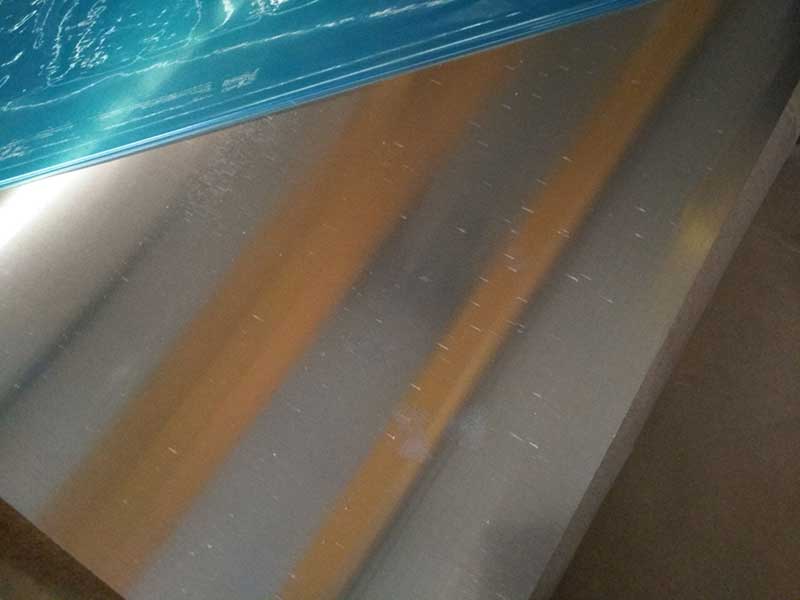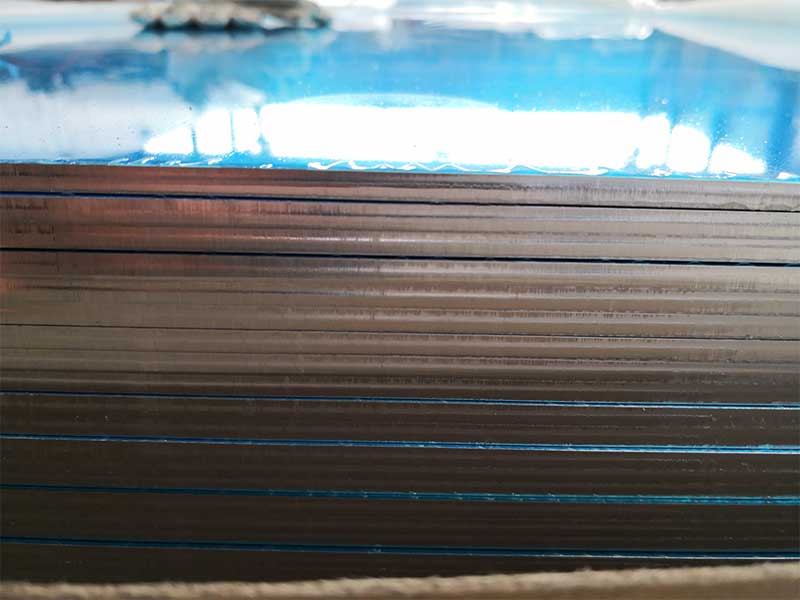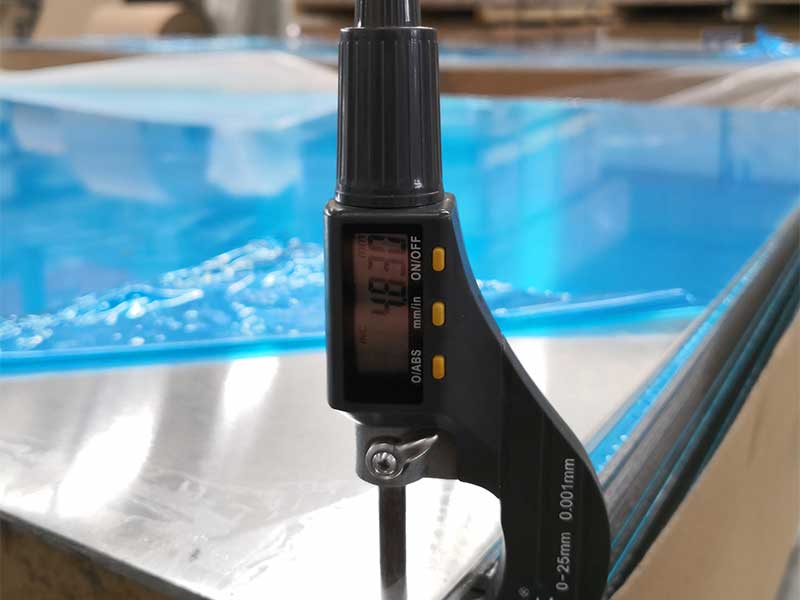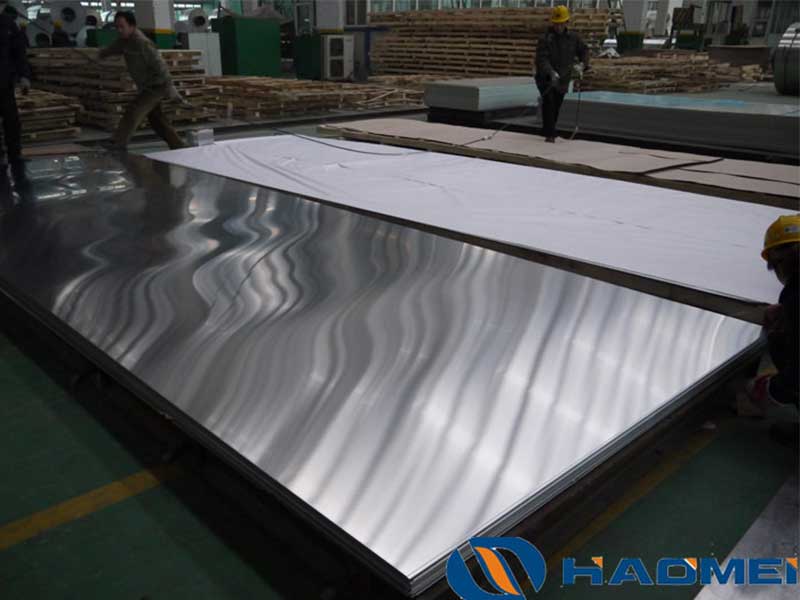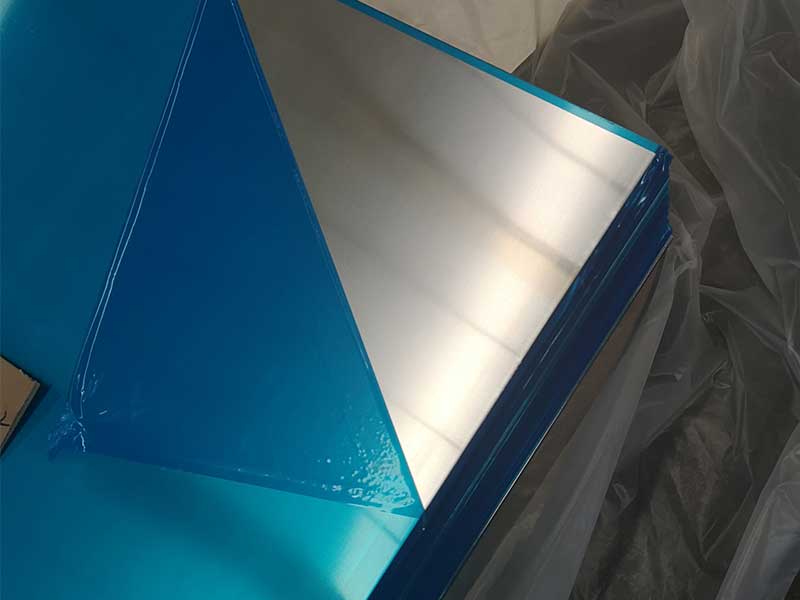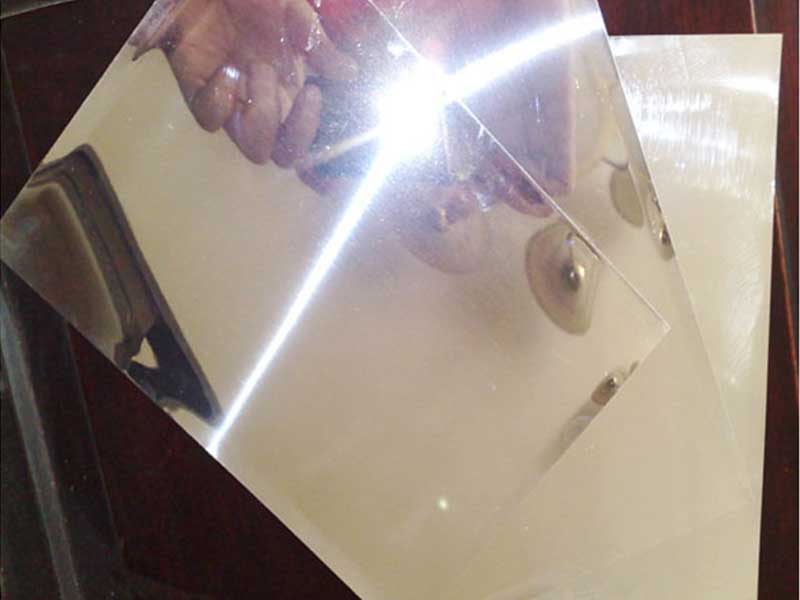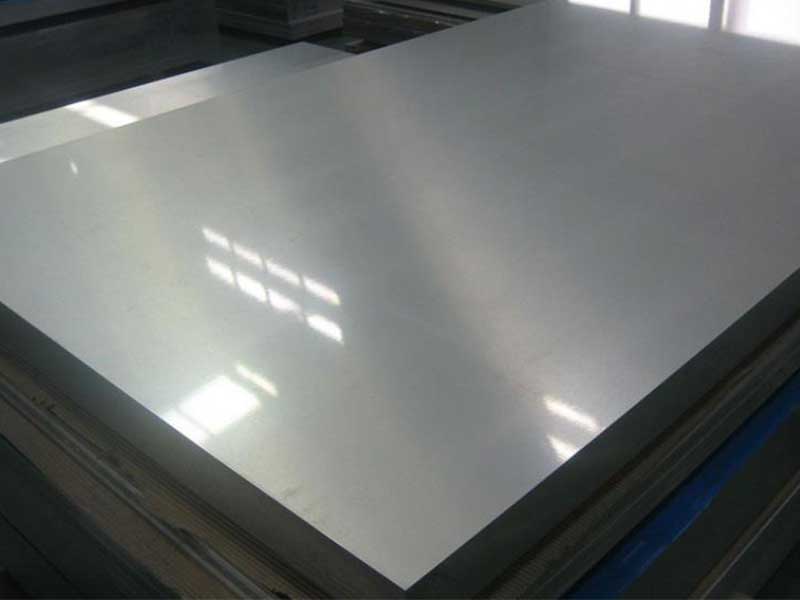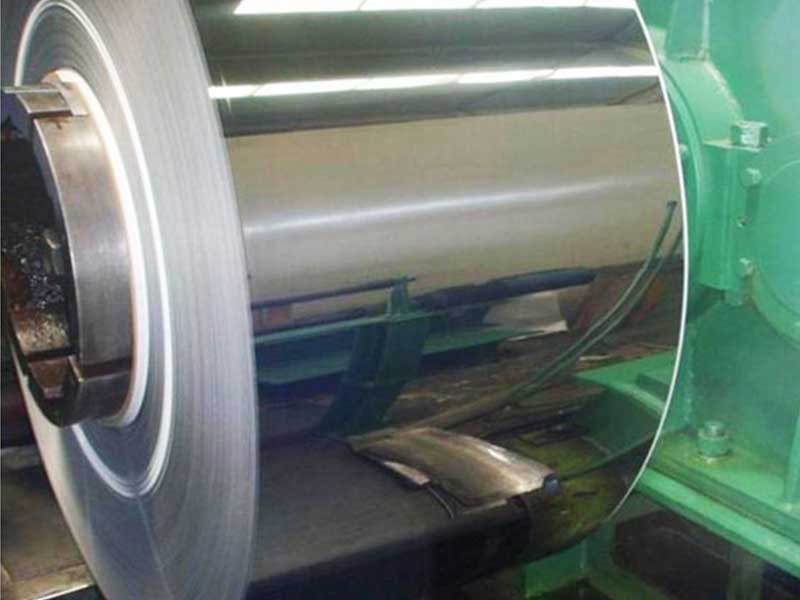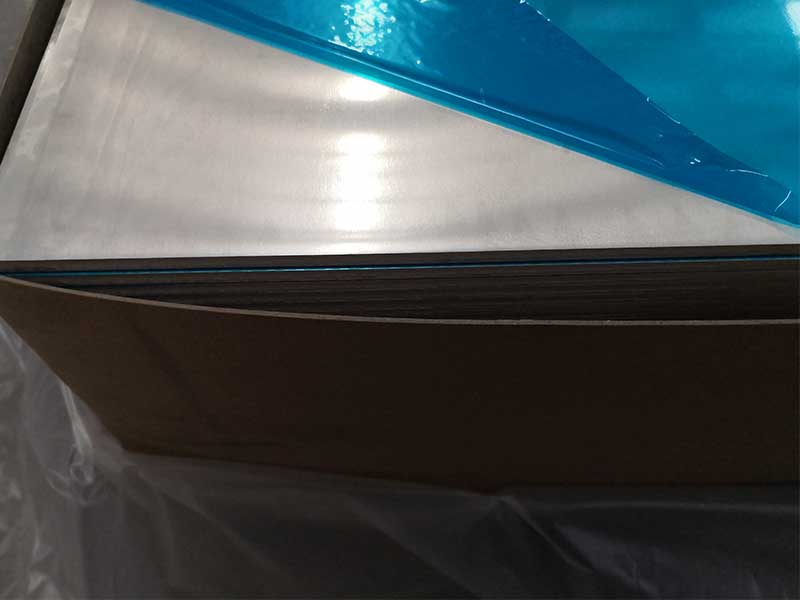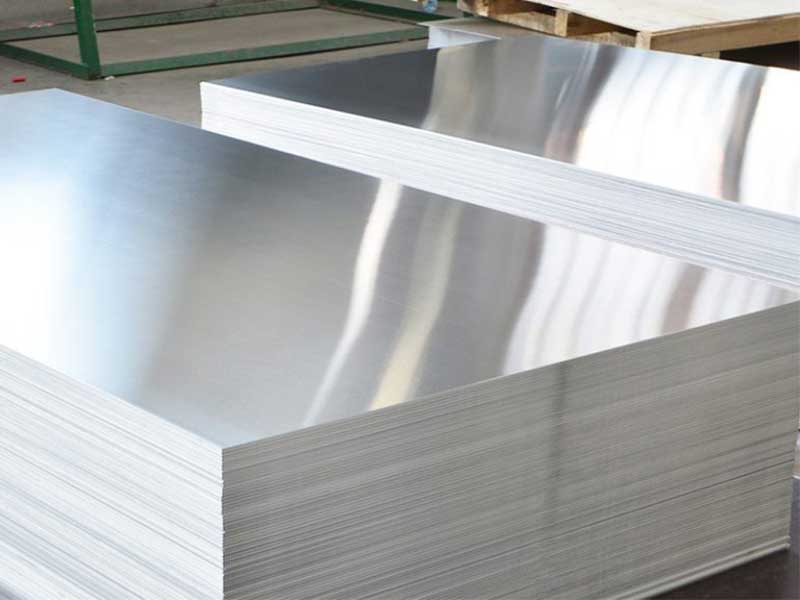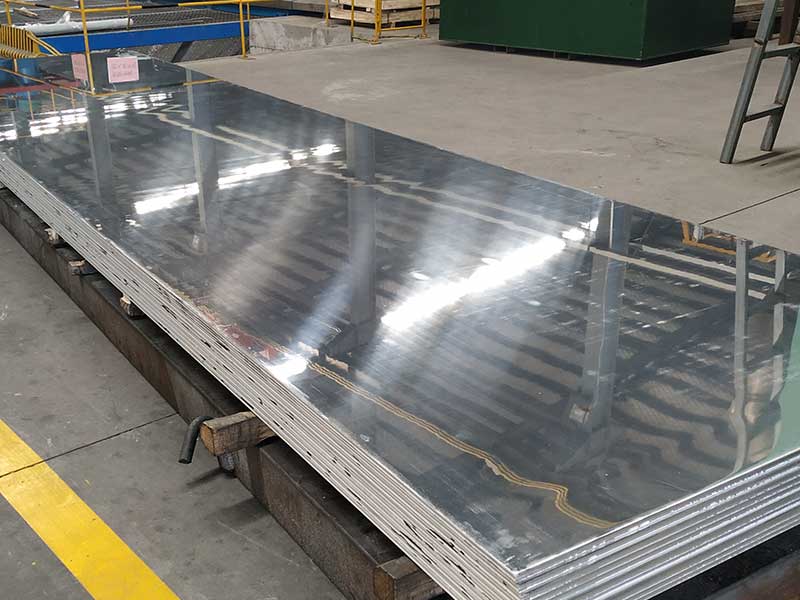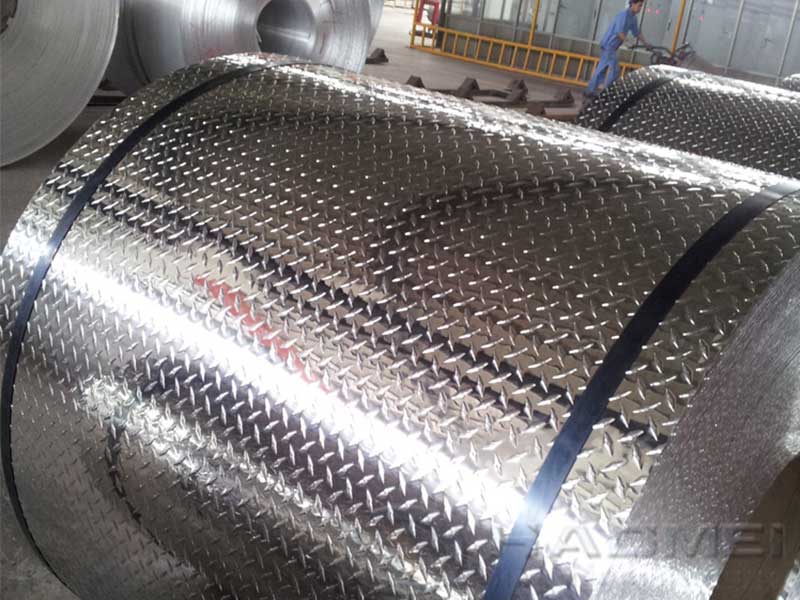2024-09-07 https://www.aluminum-coils.com/a/composition-and-classification-of-aluminum-plastic-plate.html
Introduction
Aluminum plastic plates, also referred to as aluminum composite panels (ACPs), have gained significant popularity in recent years due to their diverse applications and impressive properties. Understanding the composition and classification of these materials is essential for anyone interested in construction, signage, or design. This article delves into the features and applications of aluminum plastic plates, providing valuable insights into their benefits across various industries.
Composition of Aluminum Plastic Plate
At its core, an aluminum plastic plate comprises three main layers: two outer layers of aluminum and an inner core made from a polymer material. The aluminum layers typically come in thicknesses ranging from 0.1 mm to 0.5 mm and can be coated with different finishes for aesthetics or weather resistance.
1. Outer Layers: The aluminum sheets provide strength, durability, and are also resistant to corrosion. Coatings can be painted or anodized, which enhances the surface finish while providing protective benefits.
2. Inner Core: The core layer, usually made of polyethylene (PE), offers lightweight properties that make aluminum plastic plates conveniently maneuverable. Composite materials containing mineral-filled cores are designed to provide better fire resistance and meet higher safety standards.
Classification of Aluminum Plastic Plates
Aluminum plastic plates can be classified based on their properties and intended usage, each offering distinct features that cater to specific needs:
1. Standard Aluminum Composite Panels (ACP): These standard panels are suitable for general construction uses, particularly within interior and exterior applications, showcasing excellent mechanical properties and durability.
2. Fire-Retardant Aluminum Composite Panels: Incorporating fire-resistant materials in the core, these plates are engineered specifically for environments requiring enhanced safety measures, such as high-rise buildings and commercial settings.
3. Decorative ACP: Aimed at aesthetic applications, these panels come in bright colors and unique finishes, making them an excellent choice for artistic architectural designs.
4. Structural ACP: This type offers greater strength for load-bearing applications and is commonly utilized in facades and curtain walls in commercial buildings.
Features of Aluminum Plastic Plates
Aluminum plastic plates possess a multitude of features that contribute to their unrivaled attractiveness in construction and design regimes:
- Lightweight: The lightweight nature of aluminum plastic plates makes them easy to handle and install, reducing labor costs and construction time.
- Durability: Resistance to weather and UV exposure is a significant advantage, ensuring long-lasting performance even under harsh environmental conditions.
- Versatility: Available in various colors, sizes, and finishes, they can cater to diverse architectural and decorative needs.
- Easy Maintenance: Smooth and non-porous surfaces simplify cleaning, making aluminum plastic plates perfect for both interior and exterior applications.
- Eco-Friendly Options: Some manufacturers produce aluminum composite panels using recycled materials, promoting sustainability and minimizing environmental impact.
Applications of Aluminum Plastic Plates
The diverse features of aluminum plastic plates translate into an array of practical applications across several industries:
1. Architectural Applications: Aluminum plastic plates are widely used for facades, interior wall cladding, ceilings, and decorative screens, adding modern aesthetics and brilliance to building designs.
2. Signage and Advertising: Their versatility and visual appeal make aluminum composite panels popular for creating signs, billboards, and marketing displays.
3. Transportation: The lightweight yet durable attributes of aluminum plastic plates are beneficial for applications such as vehicle body panels, trailers, buses, and train interiors.
4. Industrial Usage: Used in manufacturing applications where hygiene, resilience, and weight matters, such as clean rooms, machinery covers, and floorings.
5. Furniture: Aluminum plastic chairs, tables, and counter surfaces tap into modern aesthetics while ensuring longevity.

